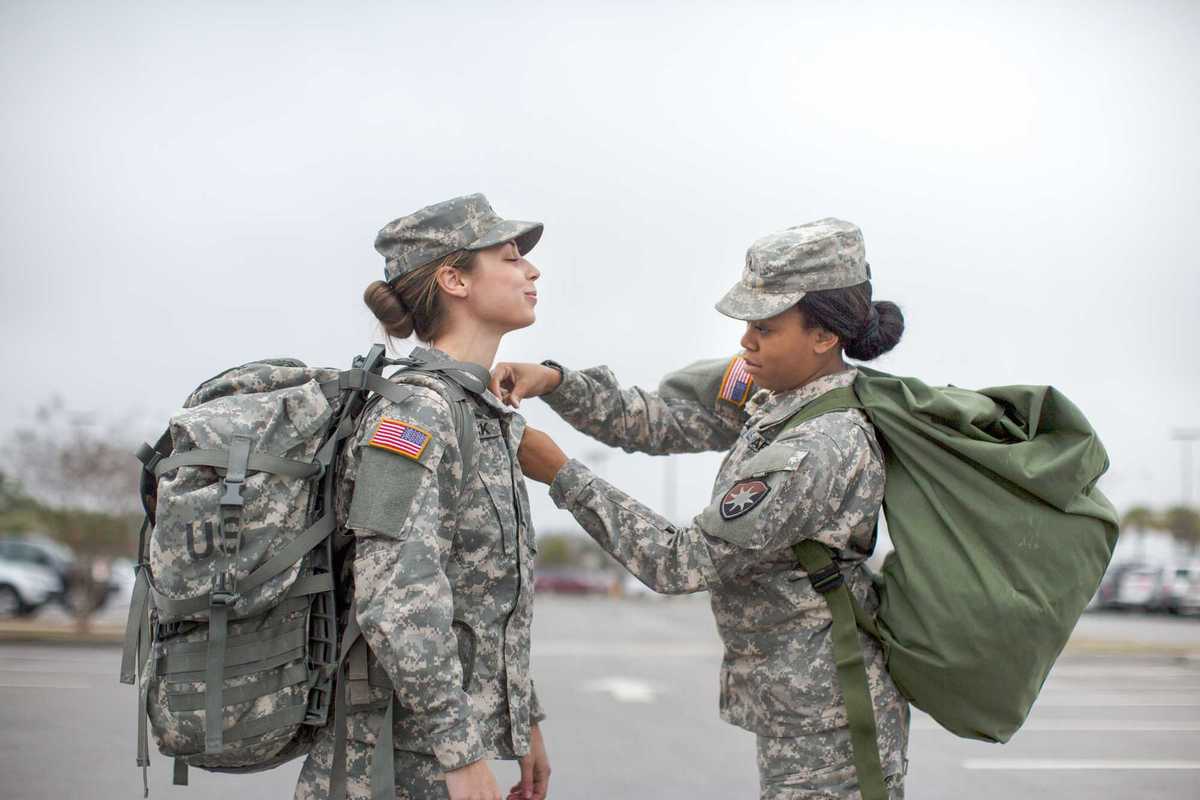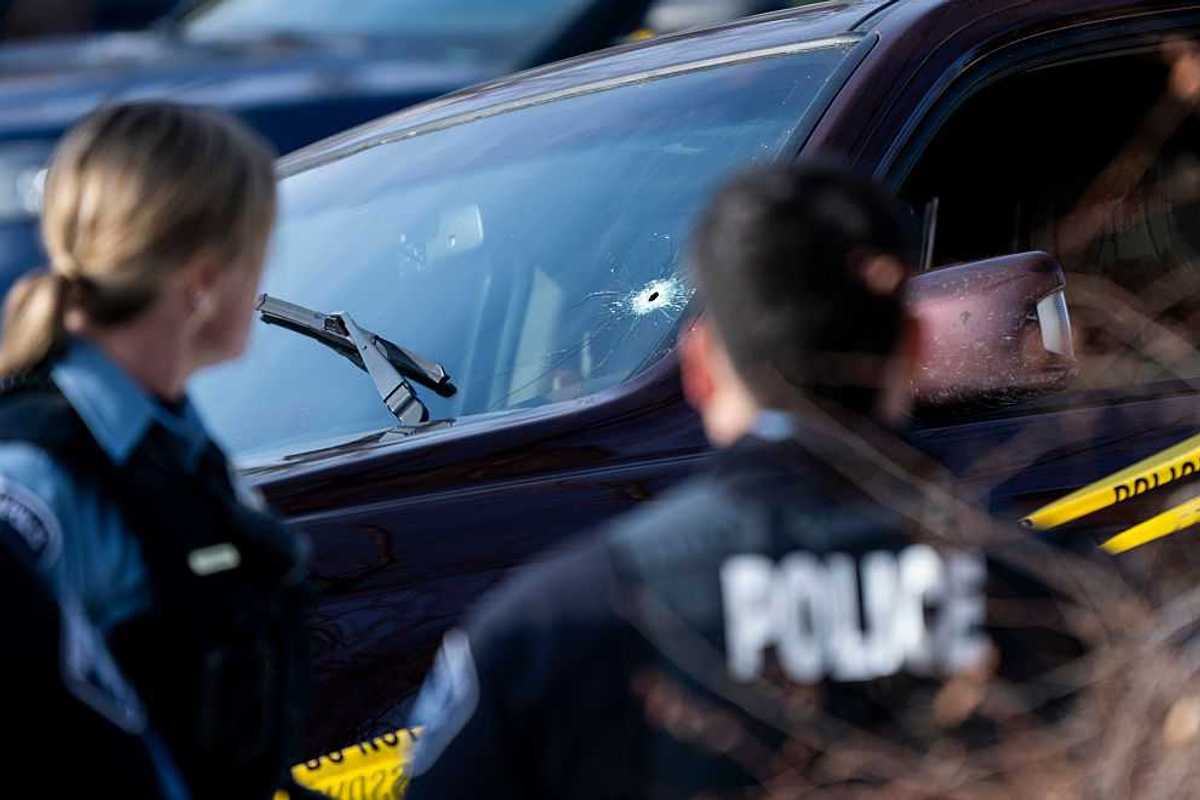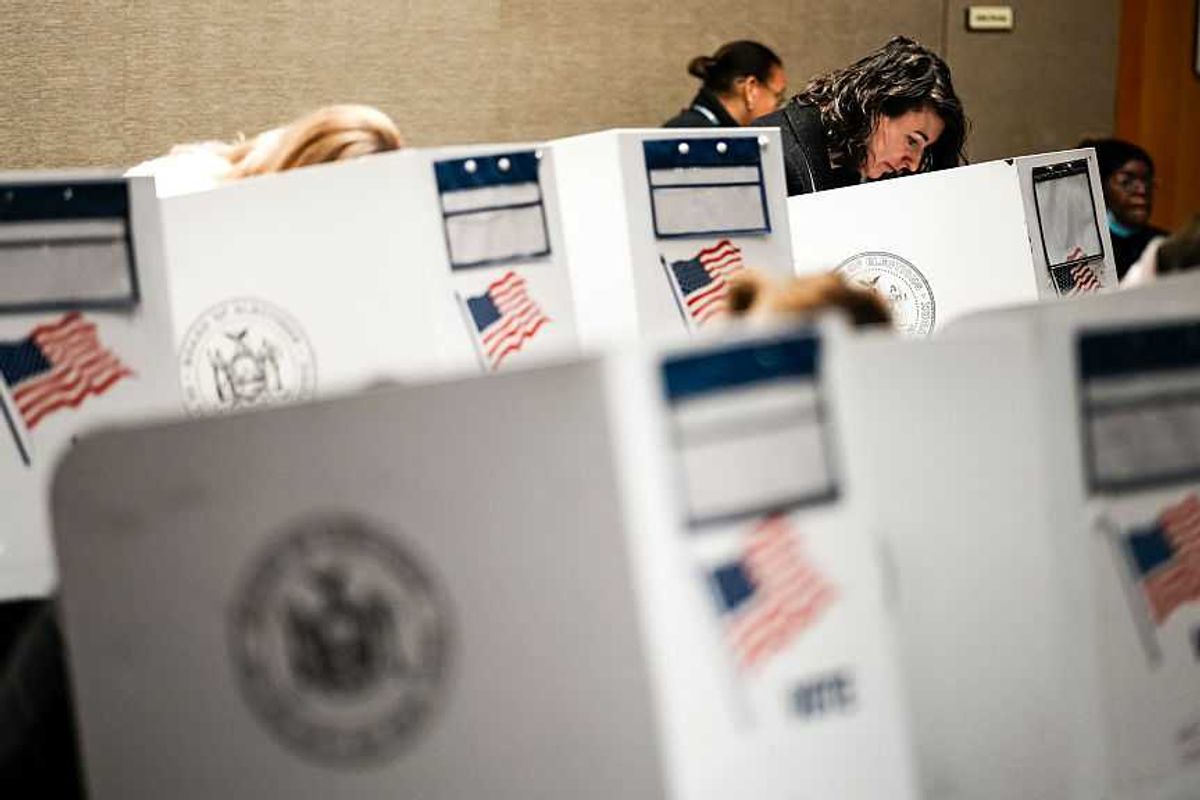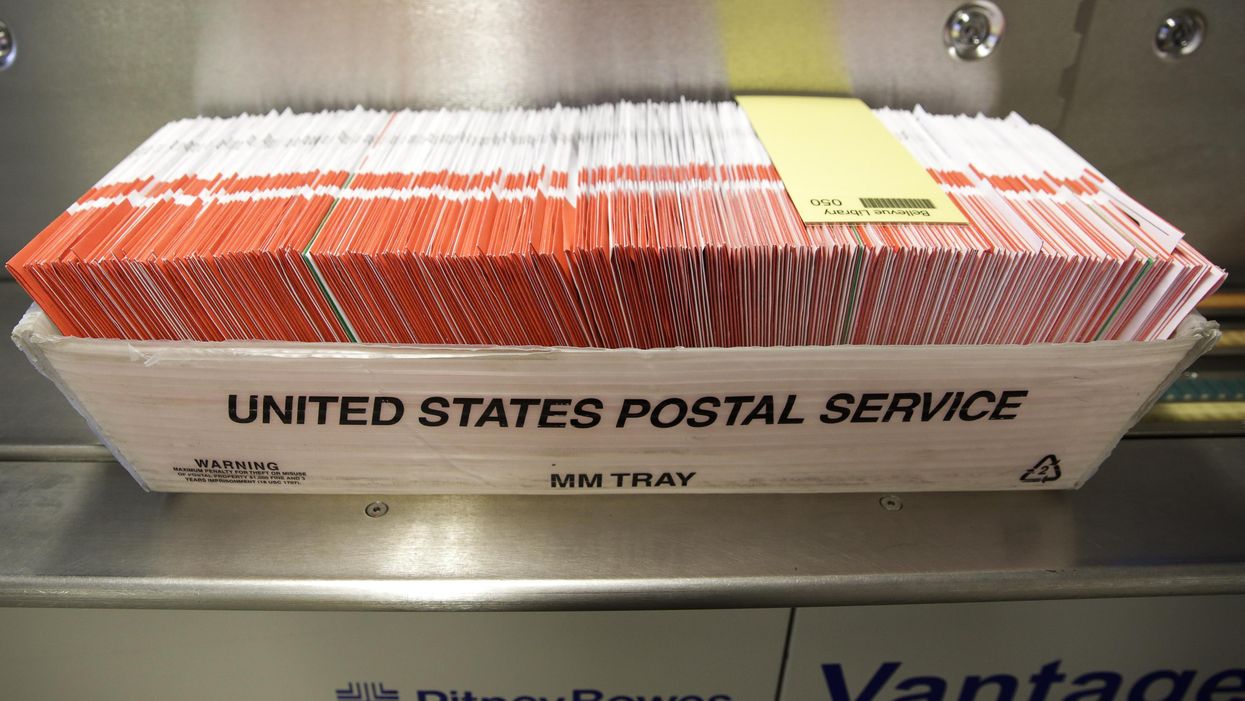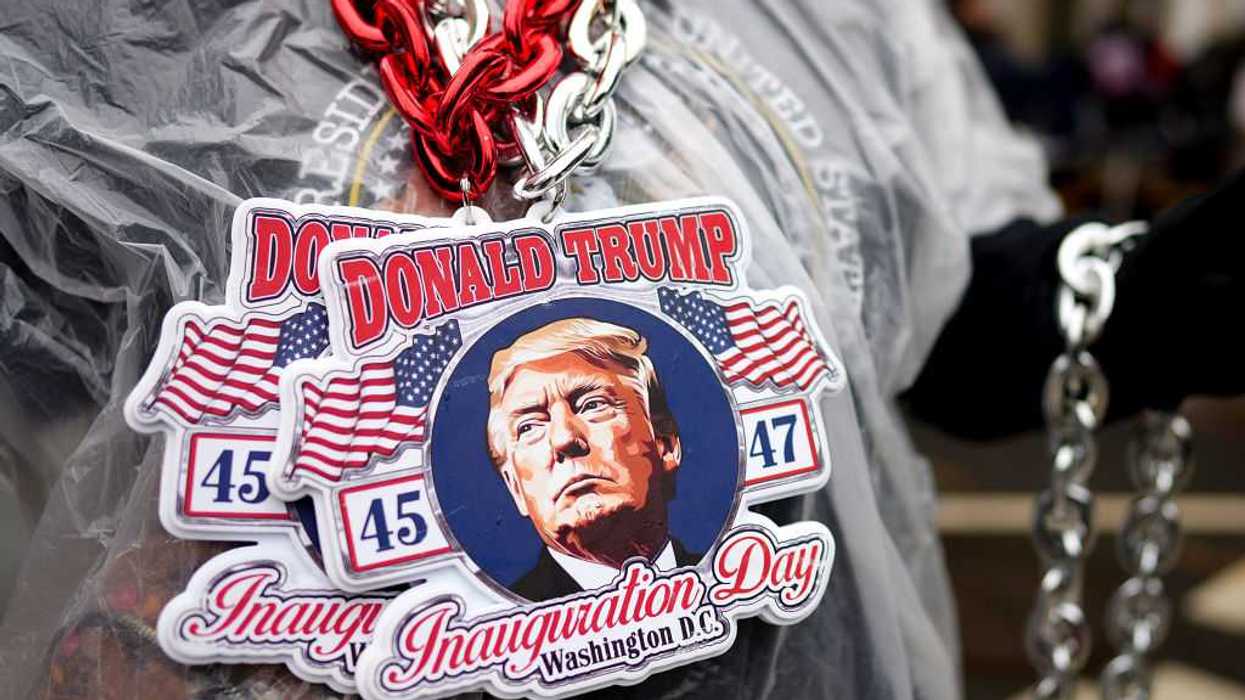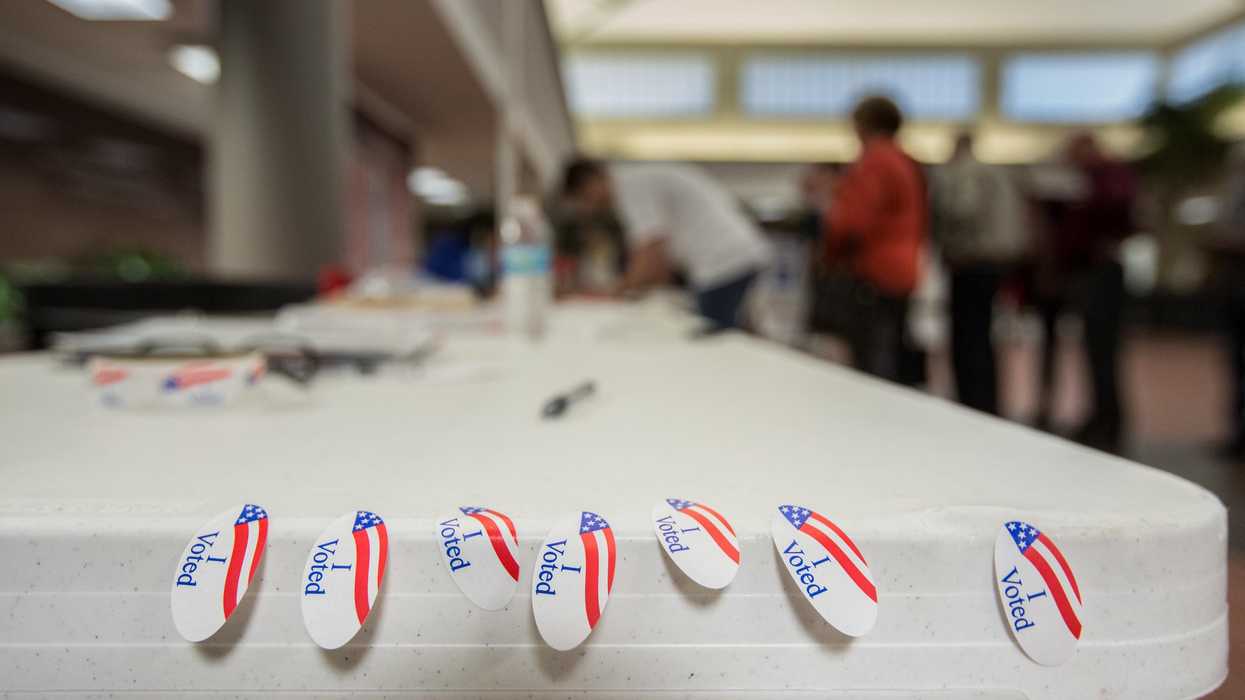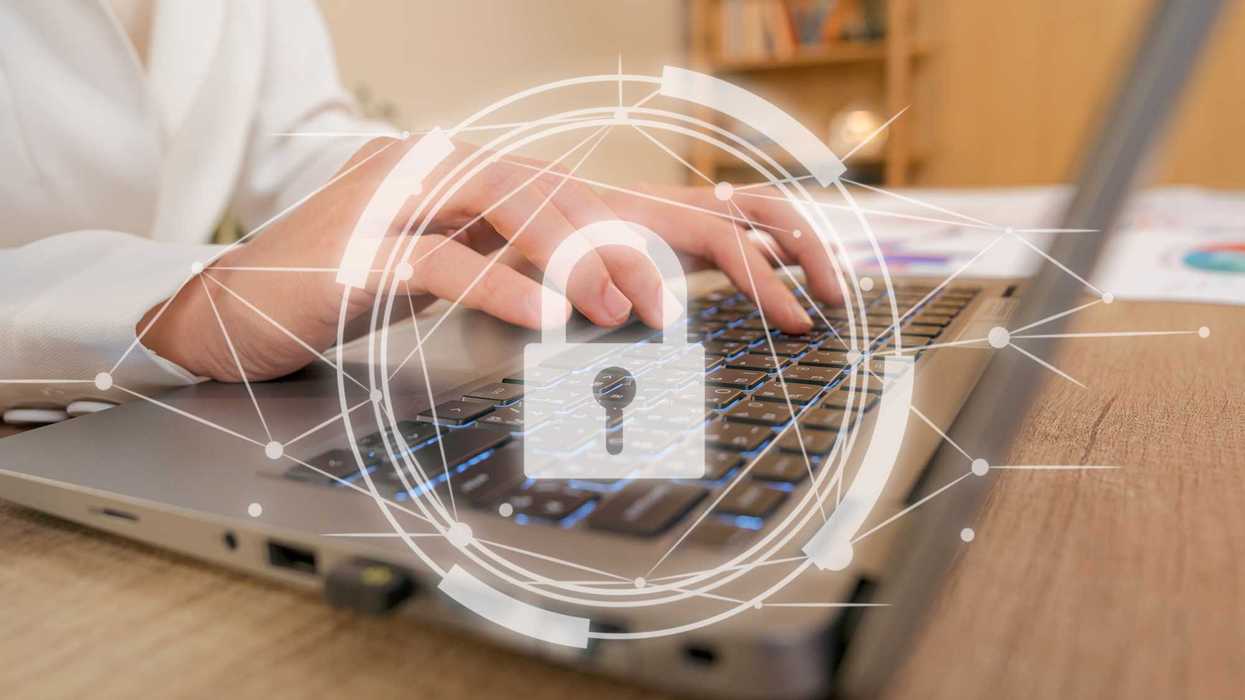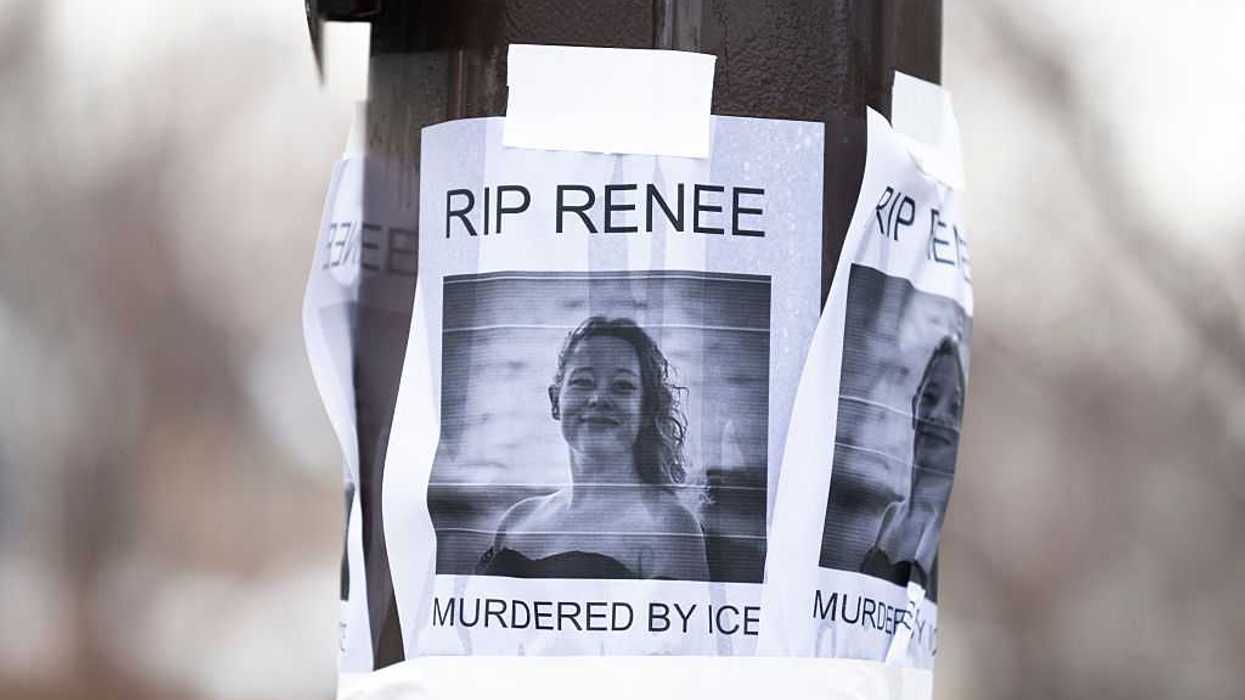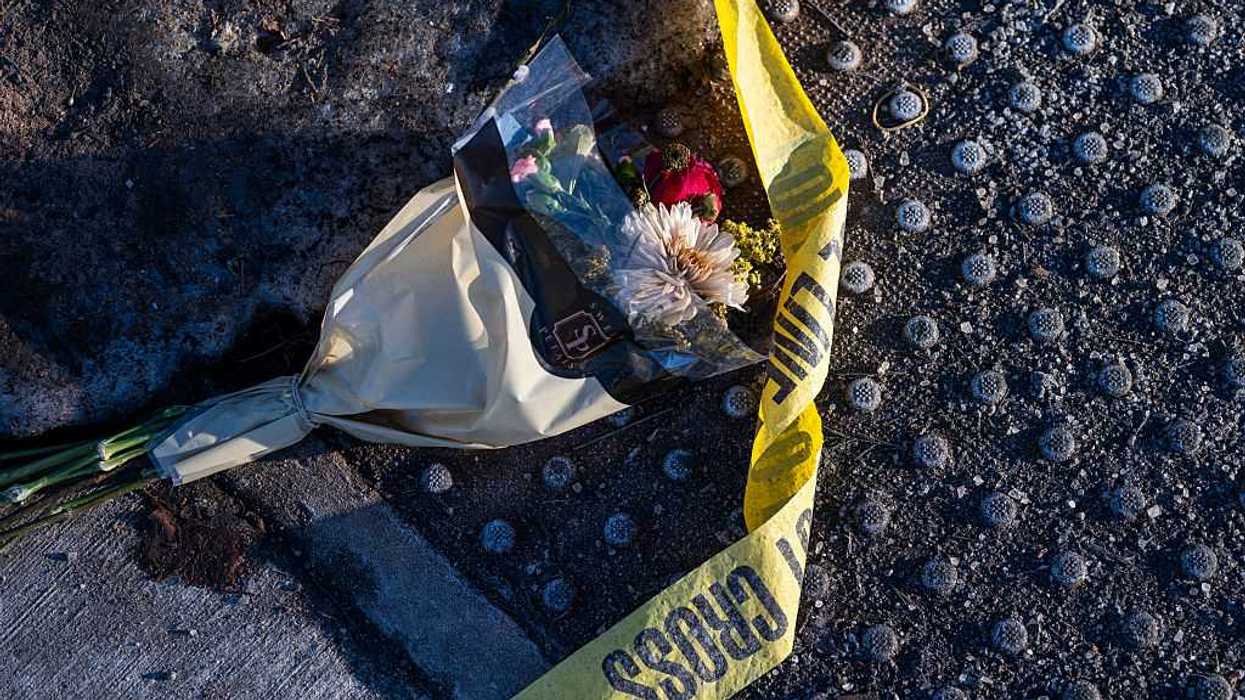After conducting a predominantly vote-by-mail election last year, Vermont lawmakers are looking to make that change permanent.
On Tuesday, the state Senate passed a bill to adopt universal mail voting for future general elections. Like the rest of the country, Vermont saw record-high turnout in the 2020 presidential election, and supporters of this measure attribute that success to expanded vote-by-mail access.
Vermont was one of five states (plus Washington, D.C.) that opted to mail every voter an absentee ballot for the 2020 election. With this legislation likely to succeed, Vermont is poised to be the first of these states to make primarily vote-by-mail elections a long-standing practice, joining five others that already had such systems prior to the Covid-19 pandemic.
The bill received bipartisan approval by the Senate in a virtual voice vote on Tuesday, with only two members voicing opposition. After a final Senate vote on Wednesday, the bill will be sent to the House, where it is expected to pass.
Republican Gov. Phil Scott said during a press conference Tuesday that he supports the bill, but doesn't think it does enough to expand the use of mail voting.
"My only concern is if we're going to do it for the general election, I'm wondering why not the other elections that we have?" Scott said. "And if it works for the general election, it should work for some of the others. So I would only ask that it get expanded in some capacity."
When the bill was being considered by the Senate Government Operations Committee, lawmakers decided against all vote-by-mail primaries, citing the partisan nature of get-out-the-vote efforts for that round of balloting.
The bill also gives municipalities the flexibility to send voters mail ballots for local elections and grants voters an opportunity to fix their mail ballots if they are "defective."
"When we make voting more accessible, more people vote. When we make voting more accessible, our democracy better represents the will of the people," Senate President Pro Tempore Becca Balint, a Democrat, said Tuesday on the virtual Senate floor.
Colorado, Hawaii, Oregon, Utah, and Washington were already running predominantly vote-by-mail elections prior to the pandemic.
